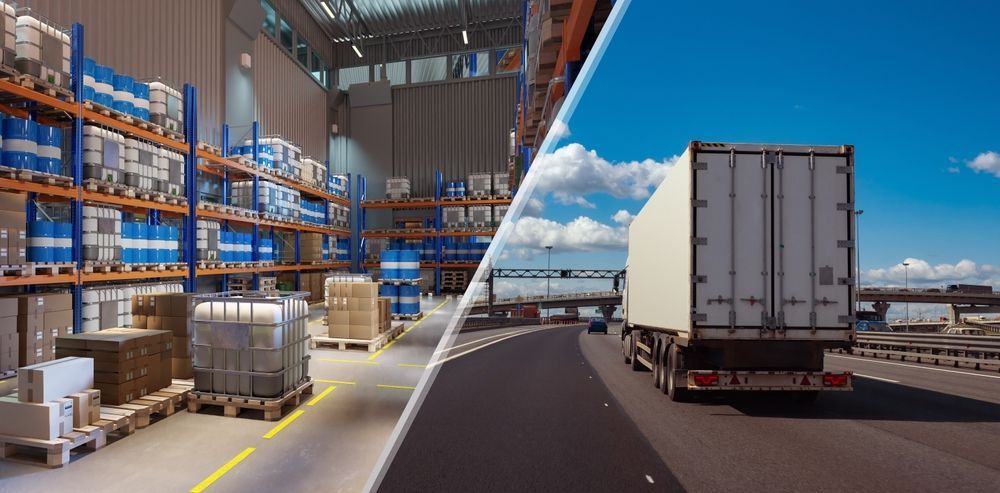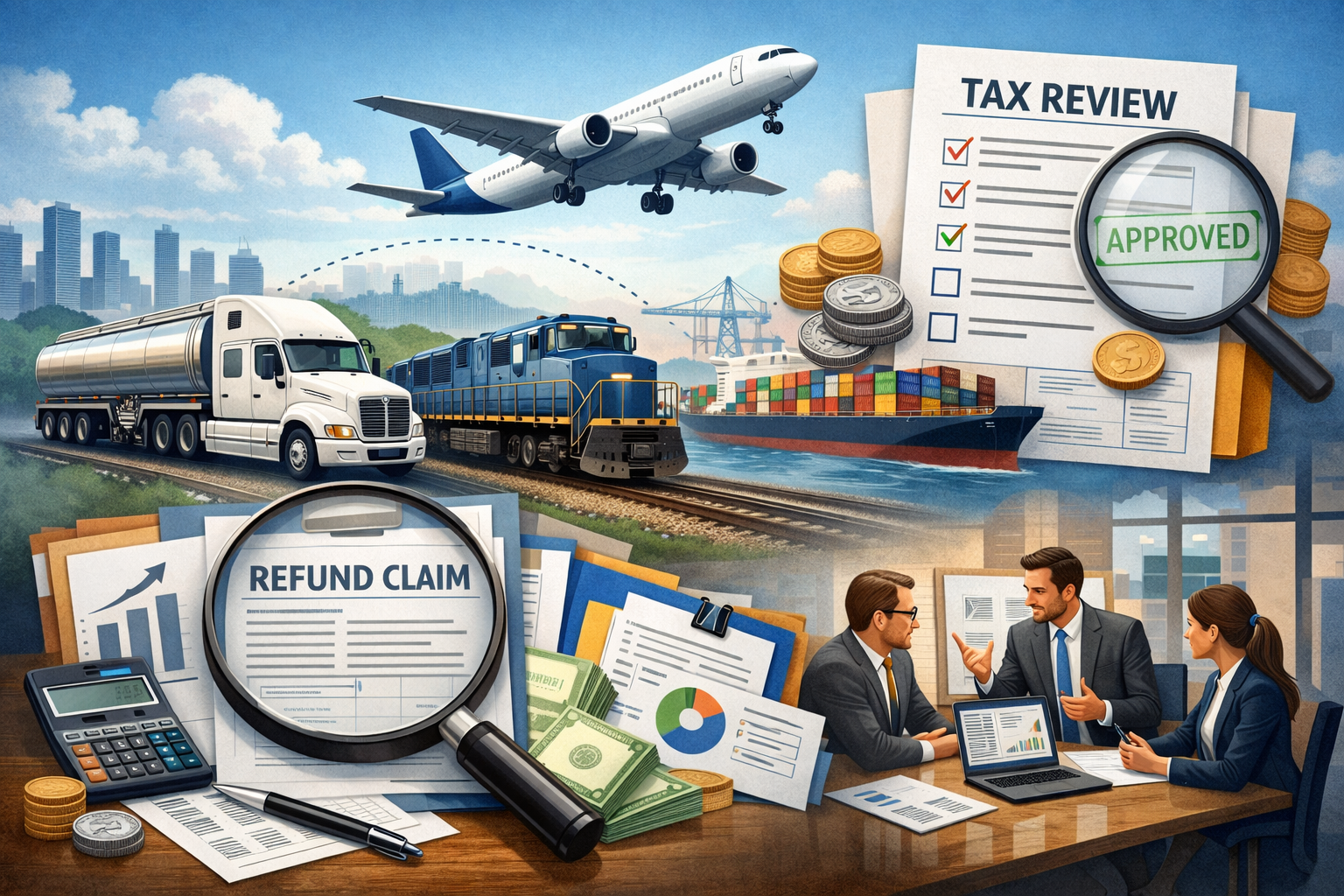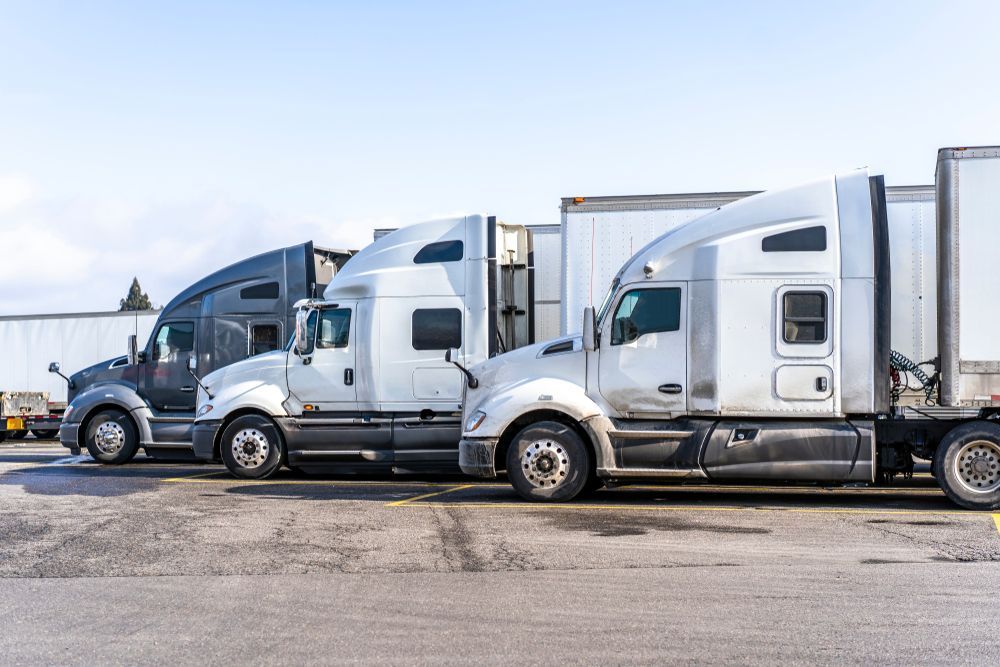Understanding Tax Compliance in Transportation & Logistics
Share this Article:

Why Tax Compliance Is Crucial in the Transportation Industry
Though it may seem like a relatively low-risk industry, transportation is actually considered to be at high risk for audits. This risk level means that tax compliance for your transportation and logistics business is of vital importance in protecting your interests. Given that there is often a myriad of tax obligations to stay on top of, your company must get tax compliance right the first time, before audits can have an impact on your operations, and fees or fines can lower your profitability.
Key Tax Obligations for Transportation and Logistics Businesses
Compared to many other businesses, transportation and logistics businesses face a much broader range of tax obligations that must be met to remain in compliance. These taxes can lead to risks to your business if not managed properly.
Motor Fuel Taxes
Fuel purchases must be tracked carefully, and they must be used across different states and locations. Many states have a range of fuel tax rates, making motor fuel tax compliance difficult at best. Failing to report your motor fuel taxes precisely can damage your business's reputation and can lead to significant fines and penalties.
International Fuel Tax Agreement (IFTA)
Agreed upon by the individual continental states in the U.S. and the majority of Canadian provinces, the IFTA is a tax collection agreement intended to simplify fuel tax reporting and payment when transportation companies operate in multiple jurisdictions. However, reporting requirements between jurisdictions can vary dramatically.
Highway Use Taxes and Permits
Similar to motor fuel taxes, highway use permits and taxes can change from state to state. When your company includes interstate highway usage, staying on top of these highway taxes and making payments in a timely manner can be problematic. When transportation and logistics companies unwittingly violate these regulations, audits and heavy penalties can follow.
Sales and Use Taxes on Transportation Equipment
Sales and use taxes are second only to property taxes in terms of revenue for many states, and new technology is making the audit process both more specifically targeted and sophisticated than has been seen in the past.
Challenges in Meeting Transportation Tax Requirements
The transportation industry faces a wide range of challenges that can impact your shipping or transportation business. By understanding what these challenges are and the risk they can pose to your company's bottom line, you can better shift to meet these challenges without causing significant risk to your business.
Multistate Operations and Jurisdictional Variations
Different states and regions have developed a range of ways to operate, and staying on top of the changes that each jurisdiction makes can be difficult at the best of times. Even when your transportation company is operating at its regular capacity, keeping up with jurisdictions across an interstate range of jurisdictions can be hard to manage.
Frequent Changes in Tax Regulations
In addition to changes in operations and jurisdictions, tax regulations can change rapidly on both state and federal levels. Keeping on top of these tax regulations requires careful attention to detail, constant following of changes in law, and cross-referencing to ensure that each payment is in tax compliance with the regulations at the appropriate time and date.
Complex Record-Keeping Demands
Keeping track of all of these details while ensuring that payments are made properly is a serious challenge for even the most organized logistics and shipping business. In the event of an audit, proving tax compliance requires that records be kept meticulously and found easily to be able to prove that your business has acted within the letter and spirit of regulations.
Best Practices for Staying Compliant
Tax compliance for the shipping and transportation industry is difficult, but by understanding industry best practices, you can keep your transportation company in compliance with tax laws and changes to regulations. Here are some of the industry best practices to bear in mind as you update your company's procedures, processes, and technology.

Leveraging Technology for Accurate Record-Keeping
Today's technological advances make it easier to track, cross-reference, and manage your records. A range of database systems are available that allow for tagging, tracking, and managing workflow throughout your organization so that you're better able to ensure that your company is following tax compliance best practices.
Developing Robust Processes for Mileage and Fuel Tracking
Data tracking is only as good as the processes you have in place for managing that information. Take the time to carefully develop the right processes to ensure that your business isn't losing data and that any items that are liable or likely to fall through the cracks can be collected and carefully recorded, ensuring proper and complete data collection.
Scheduling Regular Reviews of Tax Filings
Just because a tax filing has been made doesn't mean that it's completely accurate or won't come under scrutiny at some point. Regularly reviewing your company's past tax filings allows you to catch mistakes and correct them through amended filings, making it easier to reduce potential penalties through proof of tax compliance.
The Cost of Non-Compliance: Fines, Penalties, and Operational Risks
When your business has issues with tax compliance, the cost can be too much for your business to bear. From operational liability to fines and penalties, failing to keep your business in compliance with tax agencies can quickly lead to its end. Depending on your business structure and details of how it is operated, responsibility for these penalties can take a personal toll as well.
How Transportation Tax Consulting Can Support Your Business
Understanding the complexities of tax compliance in transportation is difficult at best, but it doesn't need to tie down your operations. Transportation Tax Consulting was founded to bring in-depth transportation industry knowledge to bear for our clients. Our compliance and consulting services allow you to focus on what you know best: running your logistics and transportation business. Take a few minutes to schedule a consultation today to see how we can help your transportation business flourish.
Share with Us:




